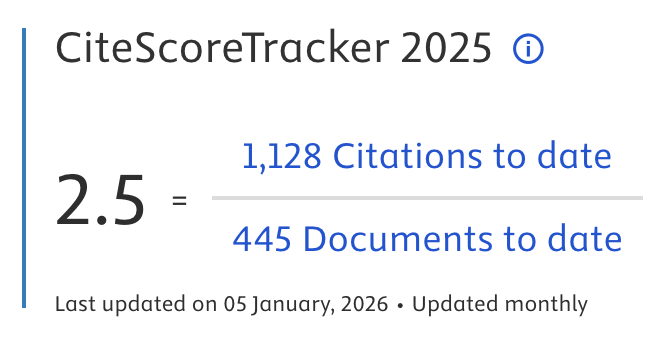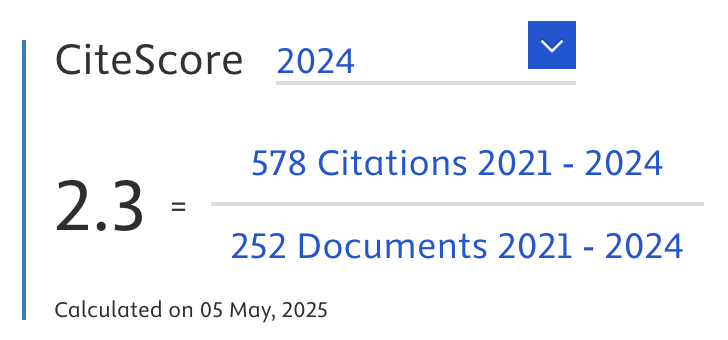Gamification Effect of Team Games Tournament in Game-Based Learning on Student Motivation
Abstract
This study examines the impact of gamification elements, specifically the duration of use and level of collaboration, on student motivation in online learning environments. Using the Team Games Tournament model, which combines elements of both competition and collaboration, a web-based Game-Based Learning application was developed to enhance student motivation. The study employed a motivation survey based on the model Attention, Relevance, Confidence, Satisfaction, which was administered to participants before and after using the application. In addition to the survey, interaction data, such as the duration of application use, frequency of participation, points earned, and the level of collaboration, were collected to assess the relationship between these factors and student motivation. The study involved 20 fifth-semester students (12 male, 8 female) enrolled in a digital games course, many of whom had prior gaming experience, which could influence their response to the gamified learning experience. The data collected was analyzed using Decision Tree algorithms, Pearson correlation, and simple linear regression to understand the impact of various gamification elements on motivation. The results showed that both the duration of application use and the level of collaboration were significant factors in increasing student motivation. Specifically, motivation increased by an average of 0.72 points for every 10 minutes of application use, as measured by the difference between pre-test and post-test survey scores. These findings underscore the importance of balancing competitive and collaborative elements within game-based learning environments. By incorporating features that promote collaboration and encouraging sustained application use, educators can significantly enhance student engagement and motivation. The study provides valuable insights for the development of future game-based learning applications, highlighting the need for optimal design in terms of collaboration and duration to create an effective and engaging digital learning experience.
Article Metrics
Abstract: 685 Viewers PDF: 481 ViewersKeywords
Full Text:
PDFRefbacks
- There are currently no refbacks.

Journal of Applied Data Sciences
| ISSN | : | 2723-6471 (Online) |
| Collaborated with | : | Computer Science and Systems Information Technology, King Abdulaziz University, Kingdom of Saudi Arabia. |
| Publisher | : | Bright Publisher |
| Website | : | http://bright-journal.org/JADS |
| : | taqwa@amikompurwokerto.ac.id (principal contact) | |
| support@bright-journal.org (technical issues) |
 This work is licensed under a Creative Commons Attribution-ShareAlike 4.0
This work is licensed under a Creative Commons Attribution-ShareAlike 4.0





.png)